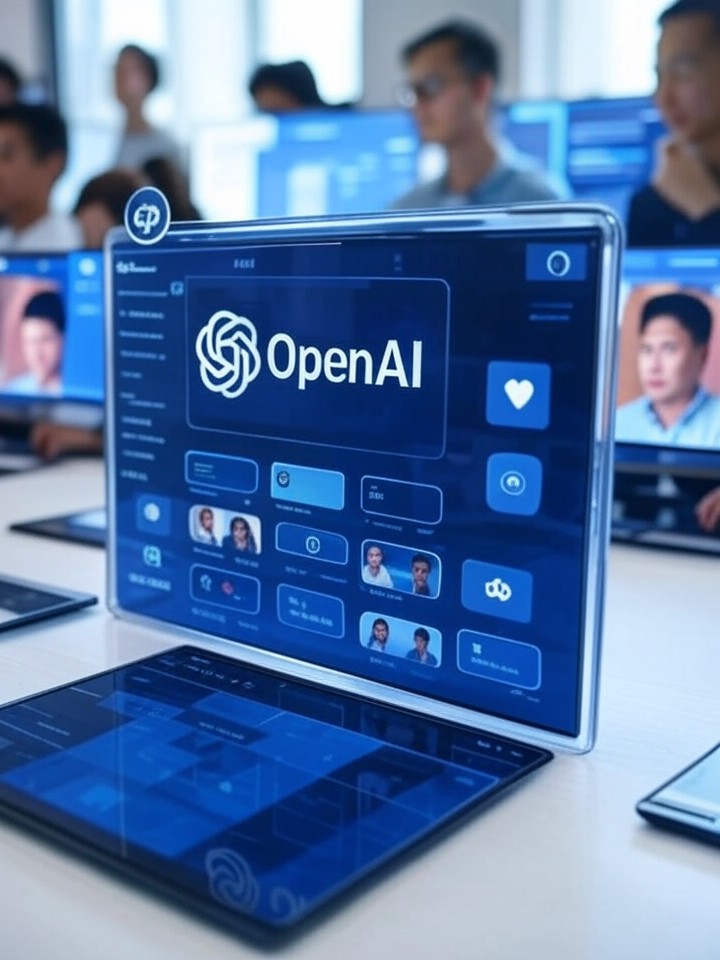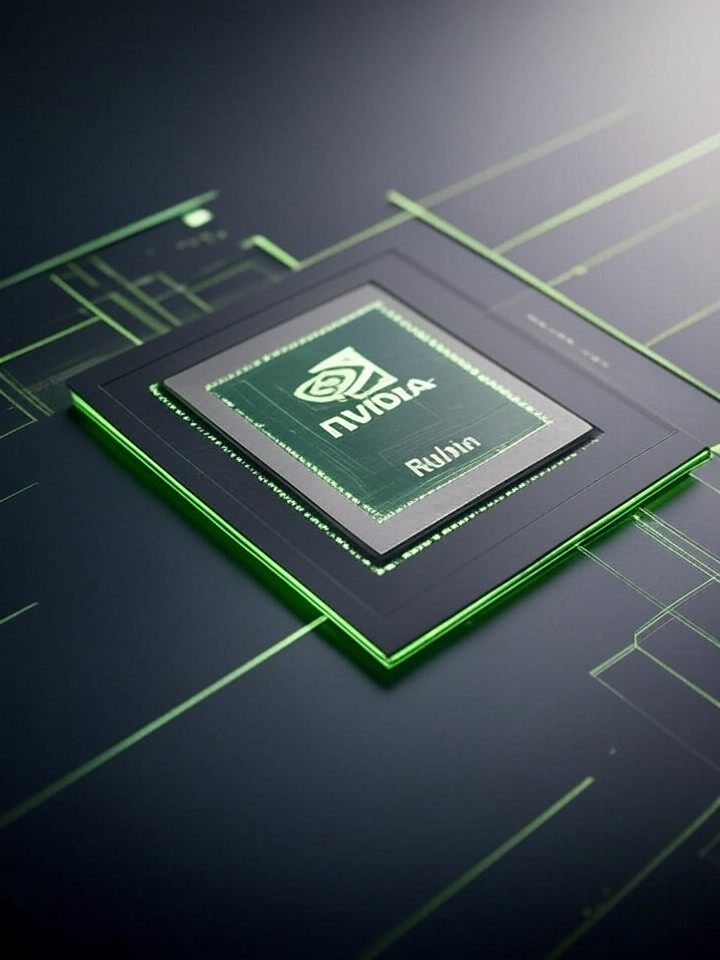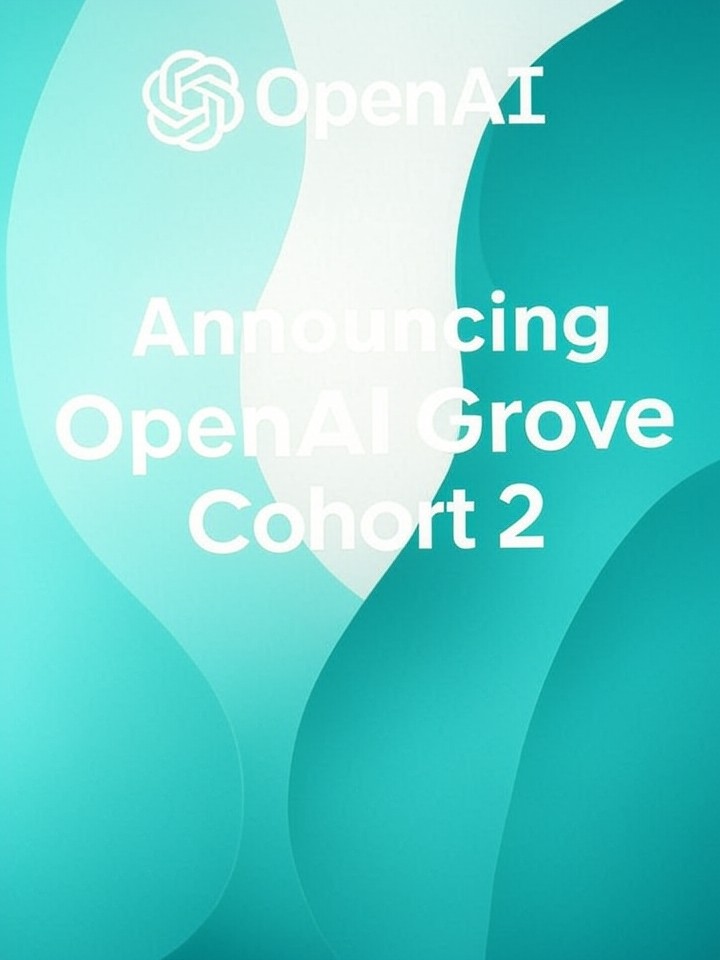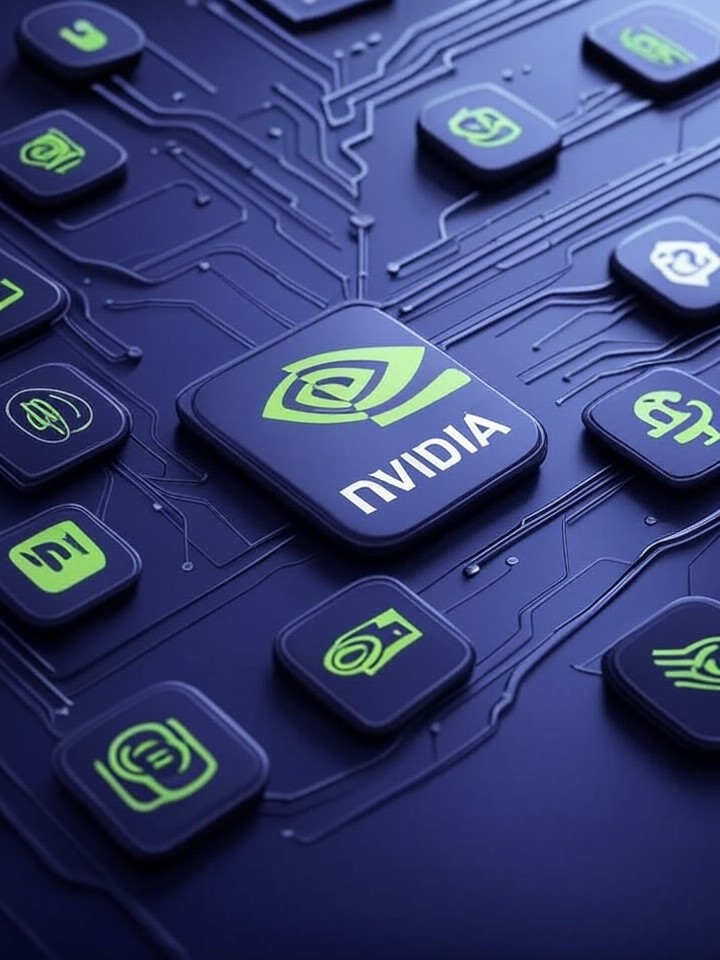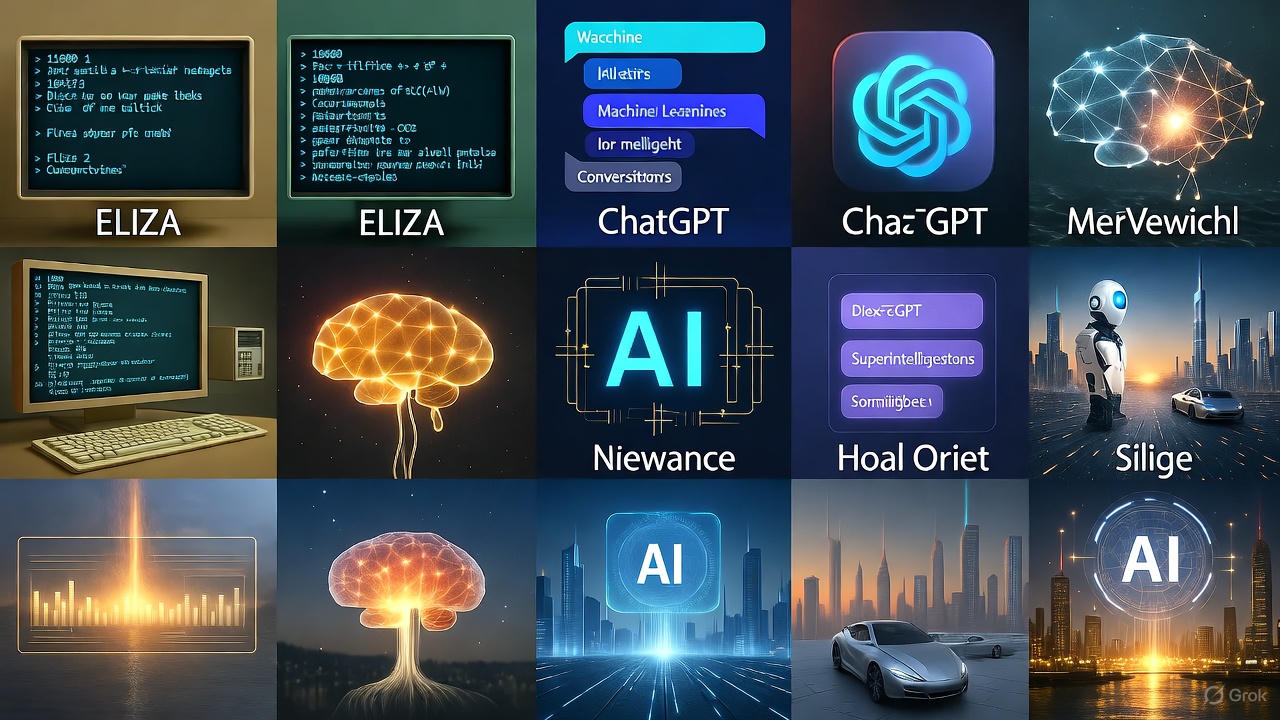The Evolution of AI: From Chatbots to Superintelligence
The world of artificial intelligence (AI) has undergone rapid transformation, pushing the boundaries of technology from basic chatbots to the tantalizing prospects of superintelligence. The journey of AI from rudimentary virtual assistants to cutting-edge technologies continues to shape how we interact with machines. In this blog post, we delve into the evolution of AI, highlighting its milestones, current applications, and the potential future of superintelligence.
The Dawn of AI: Basic Chatbots
The inception of AI can be traced back to the mid-20th century, with the development of early computer programs designed to mimic human problem-solving and reasoning. These rudimentary forms of AI paved the way for the first generation of chatbots, such as ELIZA, a program developed in the 1960s that simulated a psychotherapist. Although ELIZA had no real understanding or cognitive abilities, it marked an important step in human-computer interaction.
From Rule-Based Systems to Machine Learning
Early chatbots operated on simple rule-based systems, using predefined responses to specific inputs. Despite their limited functionality, they laid the foundation for more sophisticated AI models. The introduction of machine learning in the 1980s and 1990s enabled AI systems to learn from data and improve over time, moving beyond rigid rule-based frameworks.
The Rise of Intelligent Virtual Assistants
The new millennium saw the advent of intelligent virtual assistants, such as Apple’s Siri, Amazon’s Alexa, and Google’s Assistant. These AI-powered tools harnessed advancements in natural language processing (NLP) and machine learning to provide users with intuitive, hands-free interaction. They could perform tasks ranging from setting reminders to controlling smart home devices, demonstrating the growing capabilities of AI technology.
Natural Language Processing: A Game Changer
Natural Language Processing is a key component of modern AI development, enabling machines to understand and respond to human language. The evolution of NLP has given rise to more responsive and intelligent conversational agents, allowing them to interpret complex user queries and engage in more meaningful exchanges.
The Expansion into Various Industries
AI’s evolving capabilities have made significant impacts across industries, revolutionizing sectors like healthcare, finance, and entertainment. AI-driven tools are now used to enhance medical diagnoses, optimize stock trading, personalize content recommendations, and more.
AI in Healthcare
The healthcare industry has embraced AI to improve patient outcomes and streamline operations. Machine learning algorithms can analyze medical images, predict disease outbreaks, and personalize treatment plans, showcasing AI’s transformative potential in critical areas of health and medicine.
The Road to Superintelligence
The concept of superintelligence suggests an AI that surpasses human cognitive abilities, capable of solving complex problems beyond human comprehension. This prospect remains a topic of significant debate among scientists, ethicists, and technologists.
Challenges and Ethical Considerations
While the idea of superintelligence is compelling, it raises ethical questions about control, safety, and the potential impact on society. Ensuring AI safety, developing ethical guidelines, and preparing for a future where superintelligent systems could exist are central challenges facing the AI community.
Conclusion: The Future of AI
The evolution of AI from basic chatbots to discussions of superintelligence illustrates the tremendous advancements in technology over the past few decades. As AI continues to integrate into our daily lives, it promises to reshape industries, enhance human capabilities, and push the limits of what technology can achieve. While the journey towards superintelligence is filled with challenges and uncertainties, the potential benefits of continued AI development are vast and exciting.
The future of AI holds promise and caution in equal measure, requiring careful navigation to ensure technology remains a force for good. With responsible development, AI’s evolution could herald a new era of innovation and discovery.


